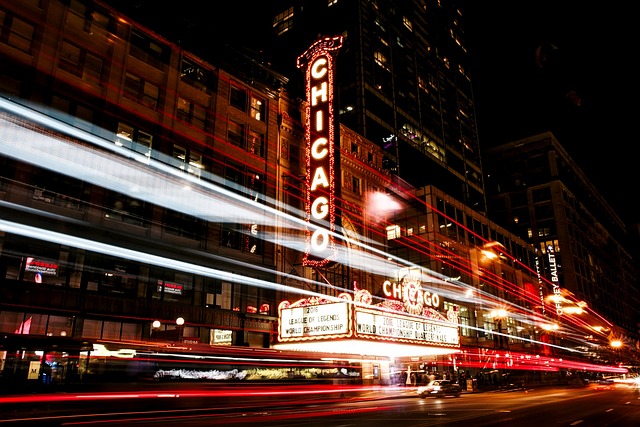In Chicago, rape law firms are crucial resources for sexual assault victims, navigating complex legal landscapes with distinct civil and criminal court procedures. These experts emphasize the burden of proof, requiring strong evidence like medical reports and forensic data to establish guilt beyond a reasonable doubt. They offer specialized guidance in state and local laws, assisting survivors in civil lawsuits against institutions or employers, and criminal cases against perpetrators, ensuring justice while supporting their healing process.
In Chicago, IL, navigating sexual assault cases demands a deep understanding of the burden of proof, which significantly varies between civil and criminal proceedings. This article delves into these complexities, offering a comprehensive look at the standards of evidence required in each realm. From the intricacies of civil lawsuits to the stringent requirements in criminal cases, we explore key differences and their implications. Additionally, we highlight the crucial role of rape law firms in Chicago, where legal experts provide essential support to survivors, guiding them through the intricate legal landscape.
Understanding the Burden of Proof: A Comprehensive Look
In any sexual assault case, understanding the burden of proof is pivotal. This concept refers to the legal requirement that a party must present sufficient evidence to establish a claim or defense. In Chicago, rape law firms operating within the jurisdiction are acutely aware of this principle, as it significantly influences the outcome of both civil and criminal cases. When a victim files a lawsuit against an accused for sexual misconduct under civil law, or when prosecutors pursue charges in a criminal trial, demonstrating guilt beyond a reasonable doubt is paramount.
The burden of proof dictates that evidence must be compelling and irrefutable to convince a judge or jury. In Chicago’s legal landscape, this often involves medical reports, witness testimonies, and forensic data. Rape law firms in Chicago IL emphasize the importance of gathering and presenting such evidence effectively, as missteps can impact the case’s strength. This comprehensive approach ensures that justice is not only sought but also achieved, reflecting a thorough examination of all available facts.
Civil vs. Criminal Proceedings: Key Differences and Implications
In Chicago, as in many jurisdictions across the U.S., sexual assault cases proceed through both civil and criminal courts, with distinct processes and burdens of proof. Understanding these differences is crucial for victims navigating the legal system, especially when considering a potential case against a rapist with the aid of rape law firms Chicago IL.
Civil proceedings, often initiated by the victim seeking damages for harm suffered due to sexual assault, place a higher burden on the plaintiff to prove their case by a preponderance of evidence. This means they must convince the judge or jury that it’s more likely than not that the defendant committed the assault. In contrast, criminal cases, where the state prosecutes the accused, operate under a stricter standard, requiring the prosecution to prove every element of the crime beyond a reasonable doubt. These differences have significant implications for victims’ experiences and outcomes, highlighting the importance of consulting with experienced rape law firms Chicago IL for guidance tailored to each unique situation.
The Role of Rape Law Firms in Chicago: Supporting Survivors and Navigating Legal Complexities
Rape law firms in Chicago, IL play a pivotal role in supporting survivors of sexual assault and navigating the complex legal landscape surrounding such cases. These specialized law firms have extensive knowledge of state and local laws, which often vary significantly from criminal to civil proceedings. They offer crucial assistance by helping survivors understand their rights and options, ensuring they receive adequate support throughout the process.
With experienced attorneys who are experts in rape law, these firms provide comprehensive representation in both civil lawsuits against non-criminal entities, such as educational institutions or employers, and criminal charges against perpetrators. They advocate for survivors, gathering evidence, interviewing witnesses, and constructing compelling cases to ensure justice is served. Their expertise in navigating legal complexities empowers survivors to take control of their healing journey.




